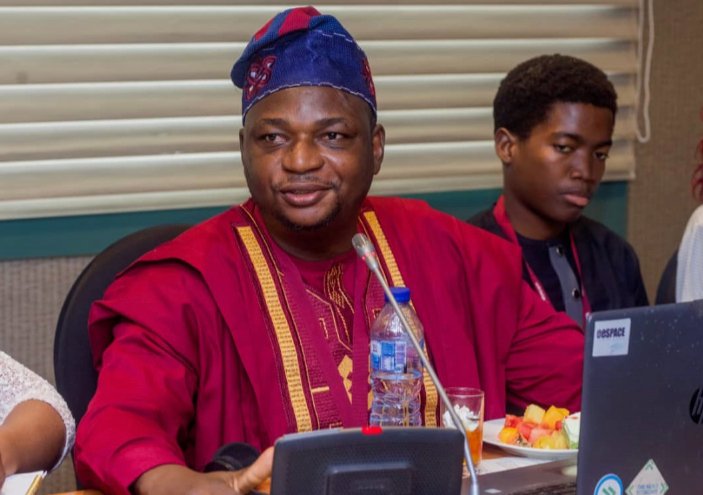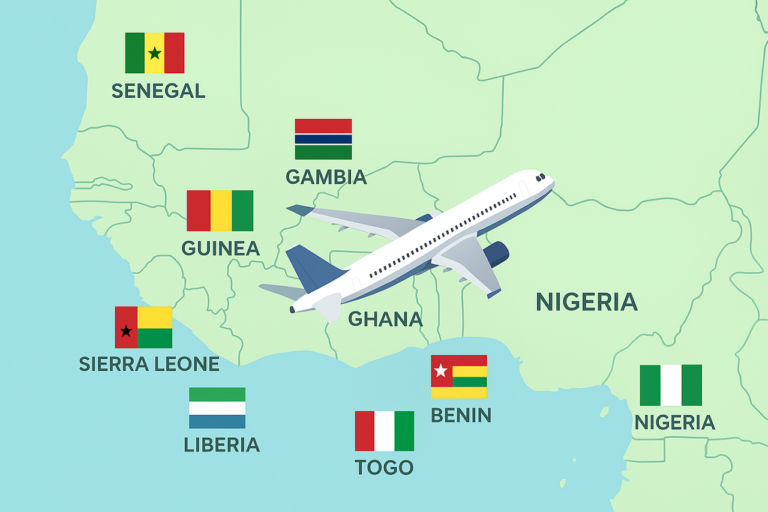Despite journalism’s role in defending democracy and holding power to account, digital surveillance continues to undermine press freedom globally, says Kehinde Adegboyega, Executive Director of the Human Rights Journalists Network.
Speaking at the Liberalist Centre’s virtual event on Friday, Adegboyega noted that journalists across Nigeria and the Global South are increasingly being monitored through sophisticated spyware technologies deployed by both state and non-state actors.
“It is a growing crisis. Digital surveillance is being weaponised to stifle dissent and suppress reporting.” he said. “Imagine your phone being hacked, sources are compromised, and stories are leaked. This is a reality for most journalists, not only in Nigeria but even in our so-called model for democracy, America,”
Adegboyega cited the Pegasus spyware as a key example, alleging that the Nigerian government acquired the software under the pretext of combating terrorism but has used it instead to track and monitor journalists.
“The Nigerian government acquired Pegasus some years back in the disguise of fighting terrorism, but what we have seen happen is that they use this digital tool to track journalists, and there is a lot of evidence,” he said. “The cybercrime unit of the Nigeria Police Force in Abuja specifically told a board chairman of a major online newspaper that they are monitoring and listening to our conversations.”
Referencing international cases, Adegboyega pointed to Mexico where, between 2017 and 2021, Pegasus was used to surveil journalists covering corruption. He noted that 21 reporters, including Carmen Aristegui, were unlawfully tracked, which led to widespread self-censorship and, in 2022 alone, the killing of 13 journalists.
“These are unlawful surveillance practices that compromise freedom of expression,” he added. “We have seen cases where journalists are being invited by state security for questioning for reports they have not published. We also have cases of internet shutdowns during protests. Some digital activists were participating online, and I was also coordinating with journalists in the field. People could not send messages, and it would take a while to upload pictures.”
Adegboyega explained that these are issues that are becoming a very major dilemma for the media profession and freedom of expression in Nigeria and globally. He also raised concerns about the rise of surveillance capitalism, where citizens’ digital footprints are monetised and exploited without consent.
“The fine the Nigerian government charged META about the use of our data is a typical instance of how our digital footprints are being commodified and puts us at a lot of risk,” he said.
Adegboyega warned that authoritarian regimes are not alone in this practice. Democratic governments, he said, now justify surveillance under the banner of national security, which continues to alarm civil society actors and watchdog groups.
He also criticised Nigeria’s recently amended Cybercrime Act 2024, describing it as a tool of repression. “For writing a report that tries to hold the government accountable, you can be arrested for cyberbullying the president,” he explained.
To protect freedom of the press, Adegboyega called for increased investment in digital security tools for journalists, tighter regulations on big tech platforms, stronger legal safeguards, and global solidarity around digital rights. He also urged African media practitioners and civil society to leverage the African Union Court and other regional frameworks to push back against digital repression.
“We cannot fight issues such as this locally,” he said. “We need regional and global support, a coalition where Europe is supporting Africa and Africa is supporting Europe.”
The May webinar, themed “Tech, Truth and Tyranny: How to Protect Media Freedom in the Age of Digital Surveillance,” is part of the Liberalist Centre’s ongoing advocacy for press freedom, digital rights, and ethical governance in Africa.














